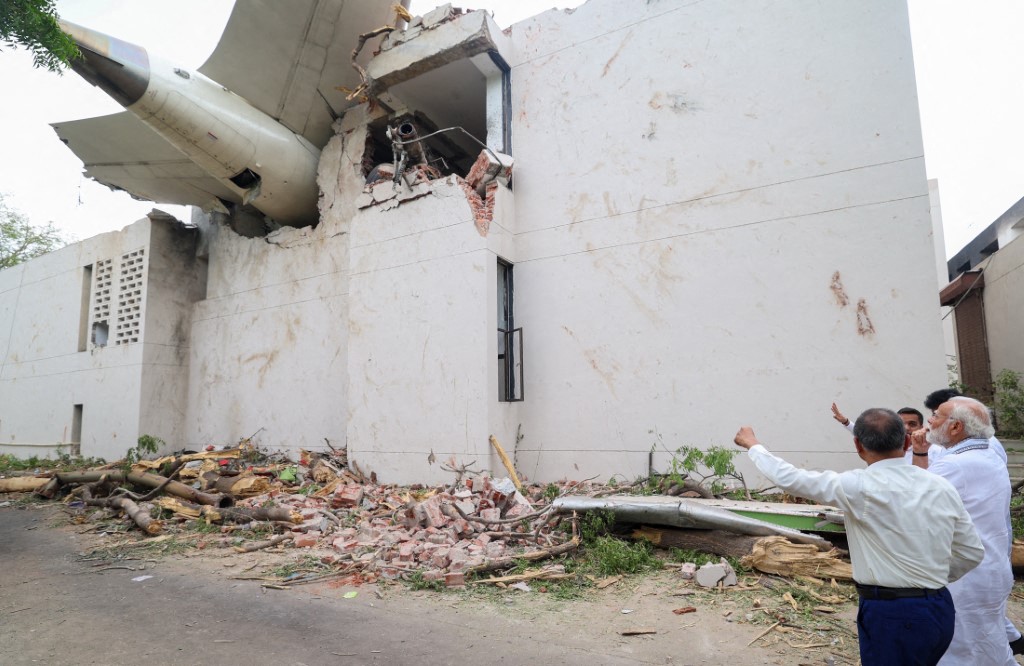Mumbai, India – Air India’s inspection of the locking feature on the fuel control switches of its existing Boeing 787 aircraft found no issues, an internal communication circulated within the airline said.
India’s aviation regulator ordered the country’s airlines this week to investigate the locking feature on the switches of several Boeing models.
The order came after Boeing notified operators that the fuel switch locks on its jets were safe.
However, it was in line with a Special Airworthiness Information Bulletin (SAIB) issued by the US Federal Aviation Administration (FAA) in 2018, which recommended inspection of the locks to ensure they could not be moved accidentally.
Air India’s probe found no problems with the locking mechanism.
“Over the weekend, our Engineering team initiated precautionary inspections on the locking mechanism of Fuel Control Switch (FCS) on all our Boeing 787 aircraft,” the airline’s flight operations department said in a communication to its pilots.
“The inspections have been completed and no issues were found,” the communication said, noting that it had complied with the regulator’s directives.
It said all of its Boeing 787-8 aircraft had also undergone “Throttle Control Module (TCM) replacement as per the Boeing maintenance schedule”, adding that the FCS was part of this module.
Other countries have also ordered their airlines to examine fuel switches on Boeing aircraft.
Singapore found them all to be “functioning properly”.
“Our checks confirmed that all fuel switches on SIA (Singapore Airlines) and Scoot’s Boeing 787 aircraft are functioning properly and comply with regulatory requirements,” an SIA spokesperson told AFP this week.
The Boeing 787-8 Dreamliner that crashed last month was heading from Ahmedabad in western India to London. All but one of the 242 people on board were killed, as well as 19 people on the ground.
A report in the Wall Street Journal on Thursday, which cited unidentified sources, said a cockpit recording of a conversation between the two pilots indicated the captain had cut off fuel to the engines.
India’s Aircraft Accident Investigation Bureau (AAIB), which released the preliminary report, said it was still “too early to reach any definite conclusions”.
It said the investigation’s final report would come out with “root causes and recommendations”.
“We urge the public and the media to refrain from spreading premature narratives that risk undermining the integrity of the investigative process,” it said in a statement.








